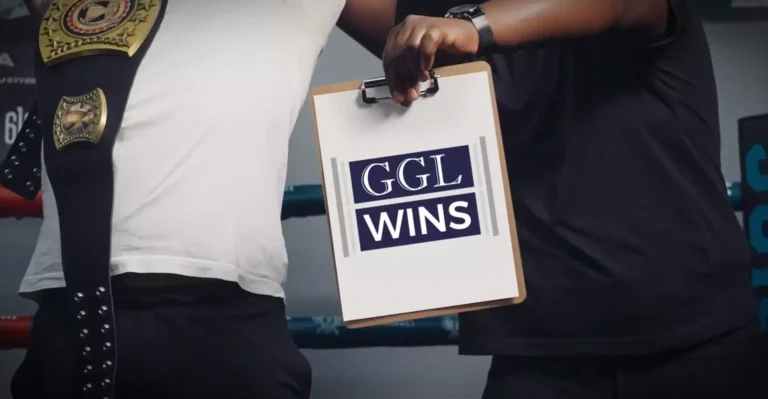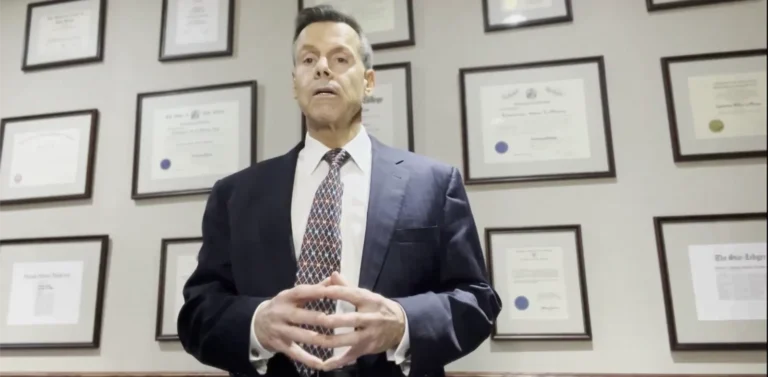Rollover Car Accident Lawyers
From a purely statistical standpoint, your odds of getting into a rollover car accident are low. These major crashes make up a small minority of all auto accidents.
That said rollovers are also some of the deadliest car crashes. And even if a rollover doesn’t result in a fatality, it may cause life-threatening injuries or lifelong complications.
If you have been badly injured in a rollover accident caused by someone else, the rollover car accident lawyers at Garces, Grabler & LeBrocq may be able to help. Get in touch with us to set up a free case review!
What Is a Rollover Accident?
A rollover accident is when your car turns over. In some rollover accidents, the vehicle may turn upside down and stop. In others, it may repeatedly roll.
If you’ve ever been in a rollover accident, you know how truly terrifying they can be. And rollover accidents aren’t just scary — they’re also extremely dangerous.
While rollover accidents account for a single-digit percentage of car accidents, they’re responsible for a large proportion of fatalities. In 2021, rollover crashes were responsible for the following:
- 21% of accident fatalities in cars
- 40% of accident fatalities in pickup trucks
- 38% of accident fatalities in SUVs
Most rollover accidents are single-vehicle crashes. However, it is entirely possible to be involved in a rollover crash because another driver was careless, reckless, or negligent.
No Fee Unless
GGL Wins
Common Causes of Rollover Car Accidents
Even though rollover accidents are fairly rare compared to other kinds of car accidents, they have more causes than you might think. Here are some of the main scenarios that cause rollovers.
Turn-Over Crashes
Turn-over crashes are single-car crashes that usually happen because of centrifugal force. For example, if you are speeding and suddenly take a sharp turn, your car may slide off the road, tip over, and roll. These crashes can be especially deadly if the curve is on a mountain or at the top of a steep embankment.
Rollovers Caused by Collisions
In some cases, the force of another vehicle hitting your car can cause a rollover. The faster the other car is going, the more serious the rollover crash is likely to be.
Climb-Over Crashes
In this kind of rollover crash, the car effectively “climbs” over something like a guardrail. For example, if a vehicle is speeding and sideswipes the guardrail with enough force, it might tip over the guardrail and roll.
Bounce-Over Crashes
Some rollover crashes can happen when your car hits a stationary object and bounces off. For example, imagine you’re driving at a high speed when you hit a retaining wall. The wall is too tall for your car to “climb,” so it bounces off instead. The force of that bounce is sometimes enough to make the car roll.
Flip-Over Crashes
In these crashes, your vehicle’s back flips over the front (or vice versa) after hitting a ramp-like object like a turned-down guardrail.
Injuries From Rollover Car Accidents
As you might imagine, rollover crashes can cause serious bodily injury. However, some are more severe than others. These are some of the factors that can influence the severity of your injuries:
- Type of vehicle. Heavy trucks are especially dangerous in rollover crashes.
- Speed. Rollovers at high speed are more likely to cause serious injuries.
- Seatbelt use. You’re more likely to be injured if you are not wearing a seatbelt.
- Vehicle damage. If a car is badly damaged, injuries are more likely.
- Ejection. Injuries are more likely if you’re ejected from the vehicle.
- Number of turns. The more times a car rolls, the greater the risk of injury.
- Force of impact. If the car goes airborne and hits the ground with significant force, you’re more likely to be injured.
Rollover accidents can also cause a very wide range of injury types.
Puncture Wounds and Lacerations
Puncture wounds and lacerations can happen with any kind of car accident. However, because rollover accidents are more likely to cause serious damage to your car, these accidents are more likely to cause both lacerations and puncture wounds.
For instance, shattered glass may cause cuts. If the car’s metal frame is destroyed, sharp pieces might cause puncture wounds. These injuries can range from very minor (shallow cuts in the skin) to life-threatening (deep puncture wounds that damage internal organs).
Head and Neck Injuries
When a sudden impact causes your head and neck to jolt forward or backward, you’re likely to suffer an injury.
You might be familiar with the term “whiplash,” a general name for neck injuries caused by this snapping motion. Whiplash injuries can involve the bones, tendons, muscles, nerves, and other tissues of the neck area.
Usually, when you hear the word “whiplash,” you think of minor cases that resolve on their own. Often, rollover crashes involve such forceful movement of the neck that vehicle occupants develop a severe version of this symptom. Neck dislocation, vertebral fractures, and nerve damage are all possible.
Similarly, the force of a rollover crash is often enough to cause concussions or serious traumatic brain injuries. Milder head and brain injuries may heal completely, but severe injuries can cause permanent damage.
Spinal Cord Trauma
In an accident as severe as a rollover crash, spinal cord injuries are possible. Your spinal cord is what connects your brain to the rest of your body, so any damage to it will cause problems with sensation, motion, or both. Spinal cord injuries are not reversible, but with expert treatment, some people are able to regain some amount of function.
One of the most important things you should know about spinal cord injuries is that they might not show symptoms right away. Even if you have a serious injury to your spine, you might initially think you aren’t hurt.
Ruptured or Slipped Discs
In a crash as serious as a rollover crash, back injuries are common. Ruptured discs — also called slipped discs — are one possible back injury.
Discs are like collagen cushions in between your vertebrae. They’re strong, but being subjected to an incredible force can cause them to tear or rupture. When this happens, the inside of the disc pushes outward, interfering with nerves and often causing severe pain.
Crush Injuries
Crush injuries happen when a part of your body is compressed, usually with a large amount of force. For instance, if you are ejected from the car and it rolls on top of you, you might develop a crush injury. These injuries can involve widespread, serious damage to your bones, muscles, nerves, blood vessels, and other tissues.
Broken Bones
Like any car crash, rollover crashes can cause broken bones. Rib fractures, collarbone fractures, and skull fractures are particularly common, but it’s possible to break just about any bone in a rollover crash.
Types of Damages From Rollover Accidents
When you file a personal injury claim against an aggressive or negligent driver, your personal injury attorney will try to recover damages or compensation for what you’ve had to endure. There are three categories of damages — economic, non-economic, and punitive.
Economic Damages
These damages are usually the easiest to prove. Economic damages are financial losses that can be quantified. These are some damages commonly recovered for victims of rollover accidents:
- Cost of medical treatment for injuries
- Cost for physical or psychological therapy needed because of the accident
- Damage to your car or other personal property
- Cost of long-term care (if needed because of a serious injury or disability)
- Loss of wages for the time you were unable to work due to injury
- Loss of future earning capacity
These are not the only kinds of economic damages your lawyer may be able to recover for you. To preserve your chances of a successful personal injury claim, make sure you keep track of all bills and receipts related to the accident. Your lawyer will be able to tell you which ones are relevant to the case.
Non-Economic Damages
Rollover crashes can prove to be financially expensive, but that’s not their only cost. A serious accident will also cause what are known as “non-economic damages.”
These are problems that can’t be quantified (but that accident victims still deserve compensation for). Here are some common non-economic damages:
- Physical pain and suffering
- Emotional pain and suffering
- Loss of enjoyment of life or specific hobbies
- Disfigurement
- Humiliation
- Worsening of prior injuries
- Loss of quality of life
- Mental anguish
- Inconvenience
It can be difficult to determine what constitutes non-economic damages. However, your personal injury attorney will be able to go over your case with you to determine whether you have non-economic damages and what their approximate value might be in court.
Punitive Damages
Punitive damages aren’t recovered in every personal injury case. However, they may be awarded to punish defendants who acted with extreme negligence or ill intent. They also send a message to others that there are significant consequences for seriously irresponsible behavior.
For instance, if your rollover crash was caused by someone who was otherwise obeying traffic laws when they hit you, you likely would not be awarded punitive damages.
However, if the person who hit you was on multiple illegal drugs, speeding, and driving a stolen car when they hit you, you would be more likely to receive punitive damage because their behavior was egregious and incredibly reckless.
Injured in a Rollover Car Accident? GGL Can Help
Sometimes, rollover car accidents happen as single-car accidents — and there’s no one who can be held accountable for them.
However, if your rollover accident was caused by another driver’s negligent behavior, the car accident lawyers at Garces, Grabler & LeBrocq can help. Since 1991, we’ve been dedicated to fighting for justice for injured New Jersey citizens.
Why call a lawyer after a rollover accident? Because New Jersey is a no-fault state, your car insurance will cover some damages. But in a serious accident, you might have damages — including physical disability, medical bills, lost earnings or earning potential, and more — beyond what your policy will pay.
A skilled personal injury lawyer may be able to help you file a claim against the at-fault driver. Some people see claims like this as simple “money grabs,” but injured people don’t pursue claims because they want extra cash.
Settlement money goes toward covering injury-related expenses and helping accident victims get back on their feet.
If you’ve been injured in a rollover car accident caused by someone else, call Garces, Grabler & LeBrocq at 800-923-3456 or fill out our online contact form for your free consultation.
Related Practice Areas
No Fee Unless
GGL Wins
We've got you covered.
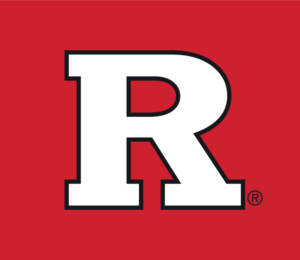
OFFICIAL PARTNER OF RUTGERS ATHLETICS
Recent GGL Wins
Auto Accident
31-year-old man who was cut off by another car causing his car to flip over. He sustained head injuries, facial injuries, and half of his pinky finger was amputated.
$3 Million
Verdict
Auto Accident
Mediation award Plaintiff was injured in an intersection motor vehicle collision resulting in neck and low back fusion surgeries. Read more…
$2 Million
Verdict
Auto Accident
Female passenger in vehicle rear-ended on Parkway. She sustained herniations resulting in multiple injections; a percutaneous discectomy; invasive surgery; and ultimately a percutaneous pain stimulator trial which did not result in a final implantation. There was no wage loss. Case settled for $1.6 Million. The primary carrier (NJM) paid $1Million and the insured’s excess carrier paid $600K
